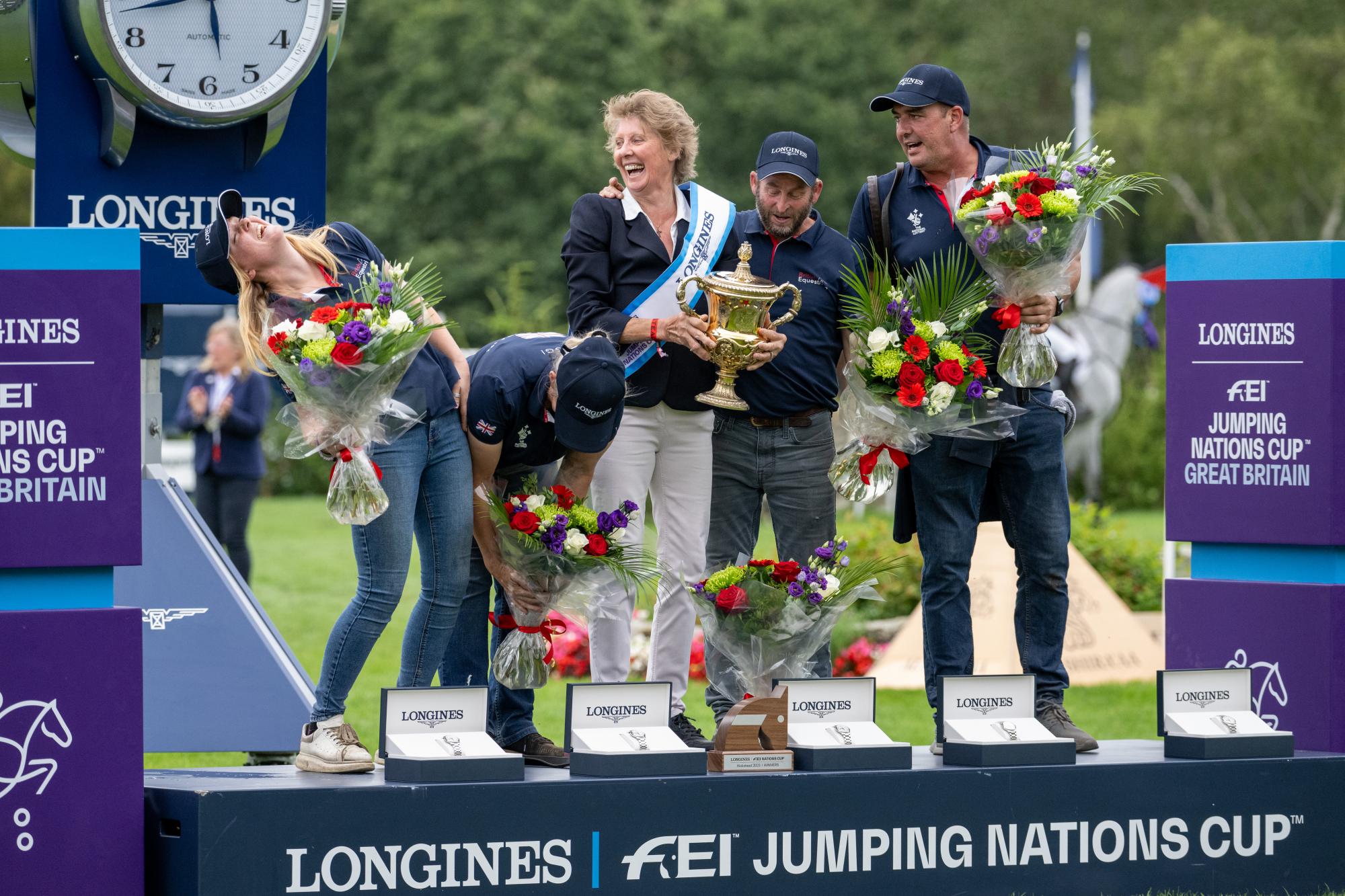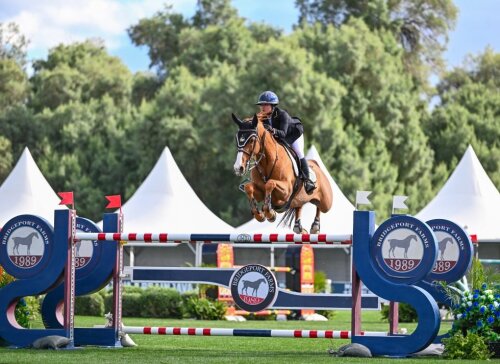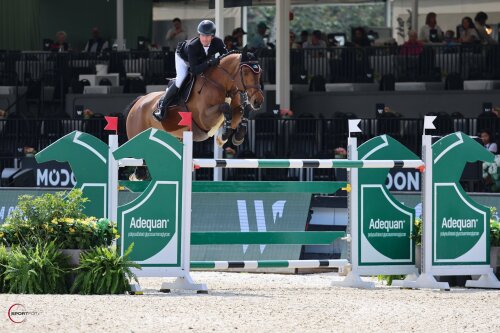Tonight it's Nations Cup time in Brussels! The Olympic Team Gold winners, Great-Britain are ready to go as 8th team at the start! "To be honest we had a bit of a laugh about the draw," says chef d'equipe Di Lampard. "Because earlier in the year I was always drawing early positions. So it's amusing Hermès-rider, Ben Maher, who usually goes first for me, doesn't have to lead out tomorrow. I'm certain he'll be quite relieved! The draws are getting better..."
How was your return home after the Olympics?
"It was absolutely fabulous. Of course, I expected our friends and family to be thrilled, but it went beyond that. Anyone who loves horses seemed to have an extra spring in their step. We were overjoyed! The number of texts we’ve received since then has been overwhelming."
How long have you been with the team?
"I joined the team in 2010 as a selector, and in 2015, I became performance manager and selector. After London, we went through a transition period, which was challenging as the team underwent a generational change. It was hard work, but now it’s paying off. We’ve gained great momentum, and many riders are eager to be part of the team, which is fantastic."
Britain also has a lot of new young and upcoming riders.
"Absolutely! For instance, we brought Robert Murphy into the five-star level here in Brussels, and I hope he’ll be a significant part of the squad next year. He’s been competing really well and deserves a chance at this level."
How did you begin working with horses?
"I’ve loved animals since I was a child—dogs, cats, ponies, you name it. My parents weren’t from an equestrian background, but they were farmers, so it was relatively easy to start with a pony. Even though my first experiences weren’t the best—riding ponies was tough (laughs)—I persevered. Eventually, I competed nationally and internationally, alongside some of the riders I now work with as Chef d'Équipe."
And how did you become Chef d'Équipe?
"As I got older, I slowed down as a rider and started a training center in the middle of England. We had many riders from abroad who came to compete and learn the language. When my predecessor, Rob, took the position of performance manager for the British team, he asked me to get involved as a selector. When Rob left, the riders encouraged me to put myself forward. I was happy running our training center, so I thought about it carefully. I was one of the last to apply for the job, never expecting to get it, but here I am."
What's the most crucial aspect of your job in helping your riders succeed?
"Working closely with the horses and ensuring they’re ready for the task. Riders sometimes see things through rose-tinted glasses, thinking their horses are ready too soon, or sometimes they need a little push. We do yard visits, watch horses in training, and conduct a lot of coaching at the National Training Centre in Leicestershire for younger riders. It’s a 24/7 job—monitoring results, watching endless videos, and spending time with the riders. Ultimately, it’s a competition. Riders have to perform well and consistently to be part of the team. Our selection policy always emphasizes the phrase 'delivering on the day,' and Sunday, when the Rolex Grand Prix takes place, is that day."



